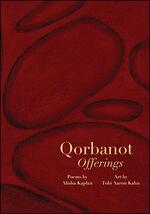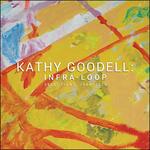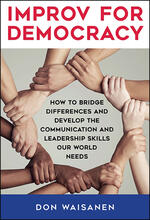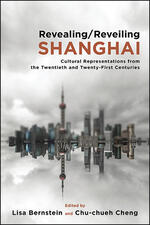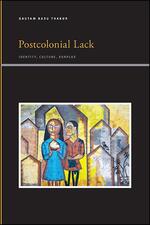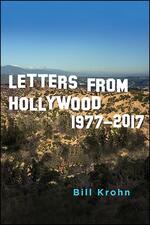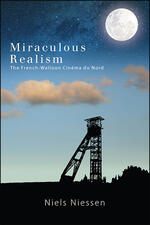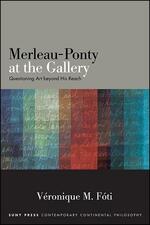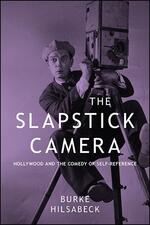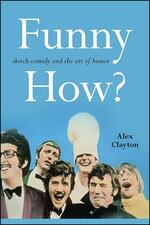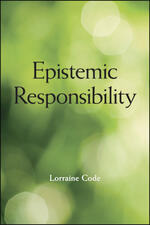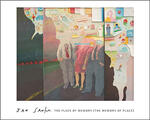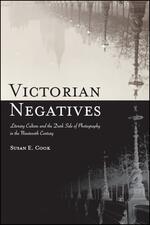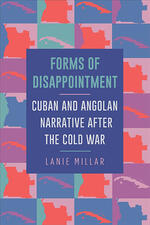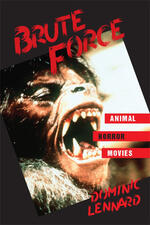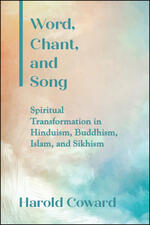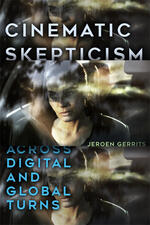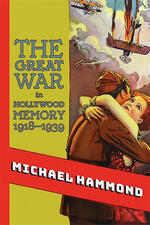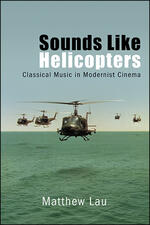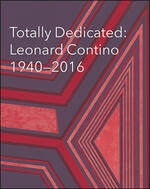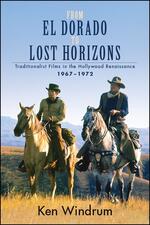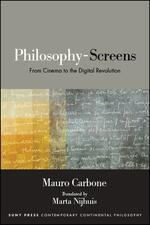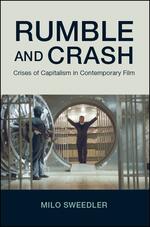Film, Visual Culture, and Performing Arts
Qorbanot
A dynamic dialogue of poetry and art that reimagines the ancient, biblical concept of sacrifice.
Kathy Goodell
Explores the through-lines in the artist's work across painting, drawing, and sculpture; examining a mystic language that loops between disciplines, coasts, and generations.
Improv for Democracy
Explores how improv-based teaching and training methods can bridge differences and promote the communication, leadership, and civil skills our world urgently needs.
Revealing/Reveiling Shanghai
Examines Shanghai both as a real city and an imaginary locale, from diverse cultural and disciplinary perspectives.
Postcolonial Lack
Examines representations of surplus enjoyment in postcolonial literature and film to focus on self-other relations rather than difference.
Letters from Hollywood
Engaging essays on a wide spectrum of Hollywood directors and the films they created.
Miraculous Realism
An authoritative study of this postsecular film movement from the French-Belgian border region that rose to prominence at the turn of the twenty-first century.
Merleau-Ponty at the Gallery
A study of the significance of the visual arts in Merleau-Ponty's aesthetics in relation to the work of five artists not known or discussed by him.
The Slapstick Camera
Demonstrates that slapstick film comedies display a canny and sometimes profound understanding of their medium.
Funny How?
Uses comedy skits, from Monty Python to Key and Peele, to probe how humor works.
Epistemic Responsibility
Develops a new kind of epistemological position that highlights virtue over more standard epistemological theories.
Jan Sawka
Shows how Sawka’s experience as a political refugee, and his working method, which emphasized imagery drawn from memory, resulted in powerful works that speak of and to the universal human condition.
Victorian Negatives
Argues that the photographic negative gives a new way of understanding Victorian debates surrounding origins and copies as well as reality and representation.
Forms of Disappointment
Analyzes parallel developments in post–Cold War literature and film from Cuba and Angola to trace a shared history of revolutionary enthusiasm, disappointment, and solidarity.
Brute Force
Considers how dangerous beasts in horror films illuminate the human-animal relationship.
Word, Chant, and Song
An accessible introduction to the centrality of word, chant, and song in the Hindu, Buddhist, Islamic, and Sikh traditions.
Cinematic Skepticism
Drawing on the film-philosophies of Stanley Cavell and Gilles Deleuze, argues that skepticism is an ethical problem that pervades contemporary film.
The Great War in Hollywood Memory, 1918-1939
Assesses how America's film industry remembered World War I during the interwar period.
Sounds Like Helicopters
Explores how modernist films use classical music in ways that restore the music’s original subversive energy.
What Remains
Combining photography and essay, presents a speculative portrait of a Jewish immigrant living out the end of his days in New York's midcentury mental health system.
Totally Dedicated
Catalog of the first museum exhibition of Leonard Contino, a Brooklyn-born, self-taught abstract artist whose tenacious exploration of pictorial space spanned a fifty-year career.
The Majestic Nature of the North
The illustrated nineteenth-century travel diaries of artist, educator, and architect Thomas Kelah Wharton, documenting his trips in the lower Hudson River Valley and New Orleans to Boston and back.
From El Dorado to Lost Horizons
Investigates how musicals, war films, sex comedies, and Westerns dealt with contentious issues during a time of change in Hollywood.
Philosophy-Screens
Draws from twentieth-century French thought on film and aesthetics to address the philosophical significance of the pervasiveness of screens in contemporary technological life as well as the mutation of philosophy that such a pervasiveness seems to require.
Rumble and Crash
Analyzes six films as allegories of capitalism’s precarious state in the early twenty-first century.
